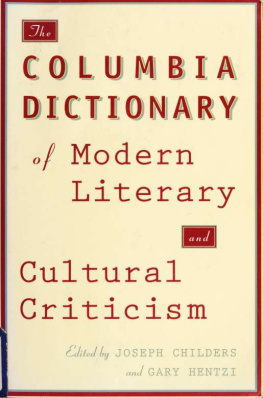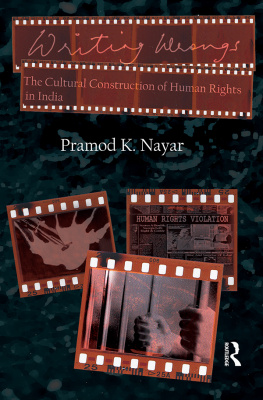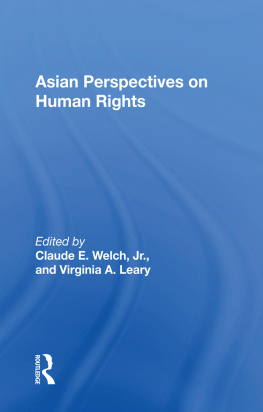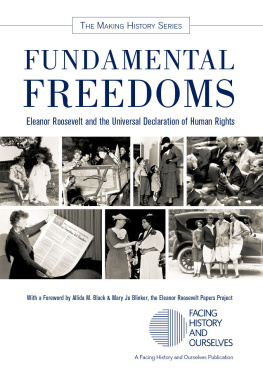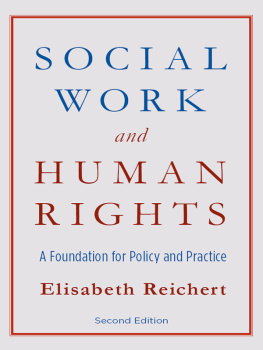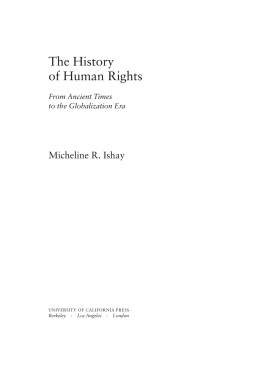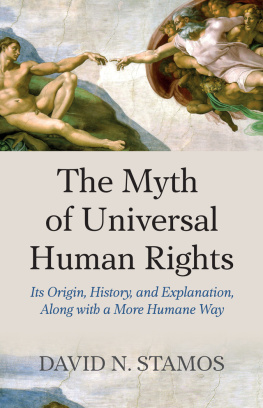This book made available by the Internet Archive.
CONTENTS
Preface vii Acknowledgments xi
THE DICTIONARY 1
Bibliography 325 Index of Names 353

\


PREFACE
In recent years, the fastest growing, most provocative, and potentially farthest-reaching specialty in the humanities and social sciences has been literary and cultural criticism and theory. One indication of the extent of this growth is the amount of specialized terminology from these and affiliated disciplines that has made its way into our everyday writing and speech. But whether nonspecialists are interested in Marxism, psychoanalysis, the various types of postmodernism, or feminism, they almost universally complain that cultural and literary studies have become too arcane and thus inaccessible to the generalist. This, unfortunately, is a very real problem. These disciplines, just as any special branch of study, must have their own language, or rathergiven the numerous types of theory and criticismtheir own languages; however, too many in theoretical and critical studies have used these languages carelessly, without regard for their readers. In place of a precise, descriptive set of terms that can be the basis of a lingua franca for studies in literature, cultural analysis, film, history, art, as well as the various social sciences, theory has produced a patois that is all but unintelligible to the uninitiated.
If literary and cultural studies were isolated intellectual enterprises that attracted only a few adherents, such obfuscation would be a relatively minor
viii PREFACE
problem; but increasing numbers both outside and within the academy are interested in what is happening in these disciplines and are anxious to know how developments in theory and criticism affect the way people perceive and order the world around them. It has therefore become necessary to devise a means by which those who are not, properly speaking, theorists or specially trained as literary or cultural critics can gain access to the language of theory.
In compiling The Columbia Dictionary of Modern Literary and Cultural Criticism , we have undertaken to provide a lexicon that can go a good distance toward meeting that need. This book is designed precisely for those who are not formally trained in theory and criticism, but who nonetheless desire a fundamental facility with its terminology. One of our guiding principles for including terms in this book was to choose those that are most commonly encountered by specialist and nonspecialist readers alike. Also, because in contemporary American intellectual culture, theory and criticism is a hybrid field that draws on a variety of disciplines, both traditional and recently inaugurated, we cast as wide a net as possible, while simultaneously excluding such concepts and terms as seemed too specifically confined to one discipline and too readily available in other, more narrowly focused reference texts. Thus, some terms that may seem to belong more properly to other disciplines such as psychoanalysis , philosophy , or even film theory have been included in this book because of their appropriation by, and the important roles they play in, current literary, cultural, or media studies. Overall, our goal has been to offer succinct but useful definitions of terms and concepts that have a wide currency but often do not make their way into books of this kind.
Because The Columbia Dictionary of Modern Literary and Cultural Criticism is intended as a readers companion and not an exhaustive guide to contemporary theory, we have kept the definitions as concise as possible. In some instances, we have provided longer essays on major concepts and schools ol thought, but in all cases the needs of the nonacademic reader or beginning student who encounters an unfamiliar term and requires a summary of its most important meanings, usages, and associations have been our foremost concern.
Although this book has been written with the nonspecialist in mind, we anticipate, nevertheless, that readers with some background in the field of theory and criticism will find the book useful as a reference tool. For this reason, and to help the beginning student who wishes to become better informed about specific ideas, the majority of the terms is supplemented by individual bibliographies; further, a full-length, comprehensive bibliography appears at the conclusion of the book, along with an index of the names of the theoreticians and critics who are cited or discussed in the books entries. Also, while this
PREFACE ix
book was composed in a truly collaborative effort with a number of contributors, we have sought to indicate important threads in the textual weave by connecting individual entries through a system of cross-references (signaled by the use of small capitals).
It is our hope that the definitions of important critical terms and the supplementary bibliographic material offered in this book will help readers to a greater proficiency with theory and criticism, but we cannot stress strongly enough that these entries are no substitute for encountering these concepts in their original contexts. Our definitions are not intended to exhaust the avenues of thought that a given concept opens up, nor are they meant to satisfy all the demands of a specialist. Neither do we envision this book as a primer or grammar of the complex languages of theory. Just as it would be nearly impossible to attain fluency in any language solely through the use of a dictionary, attaining proficiency in theory through the use of this text would be an equally difficult task. Ultimately, we are providing a guide to further studies in literary and cultural criticism, a place to begin inquiry, not to end it.
Joseph Childers Gary Hentzi

'


ACKNOWLEDGMENTS
In the years since the inception of this project a number of people have furnished valuable assistance in bringing it to fruition. Jonathan Arac and Michael Seidel provided support and advice during the formative phases of the project. Jon Anderson and Richard Moye were instrumental in conceiving of the possibility of creating such a text and in setting its composition in motion. Sue de Bord and Erik Kruger gave us indispensable copyediting and clerical assistance in the early stages. Katherine Kinney and Parama Roy offered helpful suggestions and insights about several important terms. Of course, we are grateful to our contributors and contributing editors who provided us with so many excellent entries. We are especially indebted to Deborah Hatheway and Carlton Smith, whose contributions were both timely and invaluable. Kate Watts innumerable hours in libraries and in front of computer screens have been essential in the compilation of the bibliographies and the name index. Karen Smith helped us overcome some eleventh-hour computer snafus. The University of California at Riverside Committee on Research helped underwrite this project with several generous research grants. Columbia University Presss Keith Fromes suggestions after reading an early draft of the entire manuscript helped us to smooth over many rough edges that might otherwise have gone unnoticed.

